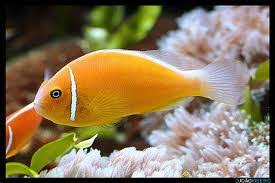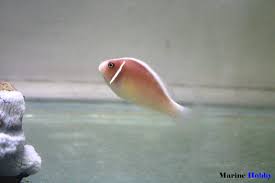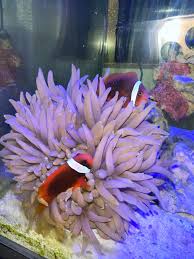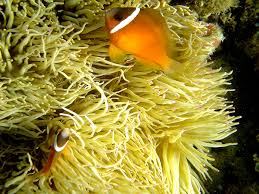Category: Uncategorized

Delicious Chinese Fresh Tea Pudding Recipe
Chinese fresh tea pudding is a delicate, aromatic dessert that blends the rich flavors of freshly brewed tea with the silky smooth texture of pudding. This dessert is widely appreciated for its light yet indulgent taste, making it a perfect treat for tea lovers and dessert enthusiasts alike. This article will cover:1️⃣ The unique flavors…

Fermented Fresh Tea – The New Culinary Trend
Introduction to Fermented Fresh Tea in Modern Cuisine Fermentation is an ancient culinary technique that enhances flavor, nutrition, and preservation. Traditionally applied to dairy, vegetables, and grains, fermentation has now reached the world of tea, transforming fresh tea leaves into complex, probiotic-rich ingredients. Fermented fresh tea is emerging as a new gastronomic movement, appearing in:✔…

Fresh Chinese Tea in Gourmet Desserts
The Art of Incorporating Fresh Chinese Tea into Premium Desserts Fresh Chinese tea has long been revered for its aromatic complexity, health benefits, and cultural significance. Traditionally enjoyed as a drink, tea has found its way into culinary innovations, particularly in the world of gourmet desserts. With its delicate floral, grassy, smoky, or malty notes,…

Can Fresh Chinese Tea Be Used as a Dipping Sauce?
Exploring the Culinary Potential of Fresh Chinese Tea Fresh Chinese tea is widely known for its refreshing aroma, health benefits, and rich cultural heritage. While tea is primarily enjoyed as a beverage, its unique flavor profile and natural tannins make it an unexpected yet promising ingredient in cooking. In Chinese cuisine, tea is already used…

Traditional Chinese Fresh Tea Milk Tea Recipe: A Guide to Authentic Flavor
Milk tea has become a global phenomenon, with variations found in many cultures. However, traditional Chinese milk tea, made with fresh Chinese tea leaves, stands out for its rich aroma, deep flavors, and smooth texture. Unlike modern bubble tea, traditional Chinese milk tea emphasizes the authentic taste of high-quality tea, blending it harmoniously with milk…

Trends in Sustainable Agriculture for Fresh Tea Production
Tea cultivation has been an integral part of global agriculture for centuries, with China, India, Sri Lanka, and Japan leading the industry. However, with increasing concerns over environmental degradation, climate change, and soil depletion, the tea industry is gradually shifting towards sustainable agriculture. Sustainable practices aim to preserve the environment while ensuring high-quality tea production,…

How Climate Change Affects China’s Fresh Tea Industry
China is the world’s largest producer of tea, with a long history of cultivation that spans thousands of years. The country’s diverse climate and geography make it an ideal location for growing various tea varieties, from green tea to black tea, oolong, and Pu-erh. However, climate change poses a significant challenge to the Chinese tea…

The Impact of Elevation on the Nutritional Content of Tea
Tea (Camellia sinensis) is one of the most widely consumed beverages in the world, with its nutritional composition greatly influenced by various environmental factors. Among these, elevation plays a crucial role in determining the quality, chemical composition, and overall nutritional value of tea leaves. Tea grown at higher altitudes often exhibits superior flavor, higher antioxidant…

Why Chinese Fresh Tea Has High Economic Value
China has long been recognized as the birthplace of tea and remains the world’s leading producer and exporter of high-quality fresh tea. Chinese fresh tea holds significant economic value due to its rich history, unique processing techniques, diverse varieties, and high market demand both domestically and internationally. The combination of traditional craftsmanship, premium quality, and…

Pest Control Methods in Organic Fresh Tea Cultivation
Organic tea farming emphasizes natural and sustainable practices, avoiding synthetic pesticides and chemical treatments. One of the biggest challenges in organic tea cultivation is managing pests without harming the environment or compromising tea quality. Effective pest control in organic tea farming requires an integrated approach that balances natural predators, organic solutions, and preventive strategies. This…









